Sleep Apnea & Disorder Center Millcreek, UT
Sleep Apnea: Cause, Treatment & Diagonosis
Sleep apnea is a common yet serious sleep disorder where your breathing repeatedly stops and starts during sleep. This disruption can significantly impact your sleep quality and overall health.
Those with sleep apnea often experience fatigue, poor concentration, and a higher risk of health issues like heart disease.
Fortunately, effective treatments are available that can help you manage this condition and improve your sleep.
Sleep Disorder Center Millcreek, UT
At Regenerative Wellness Center in Millcreek, Utah, we understand that sleep disorders, especially sleep apnea, can lead to numerous health complications.
Our sleep apnea doctor specialists provides comprehensive care finding the root cause of your sleep issues.
Whether you suffer from obstructive sleep apnea, insomnia, or other sleep disorders, we are the best sleep apnea center in Millcreek and Salt Lake City

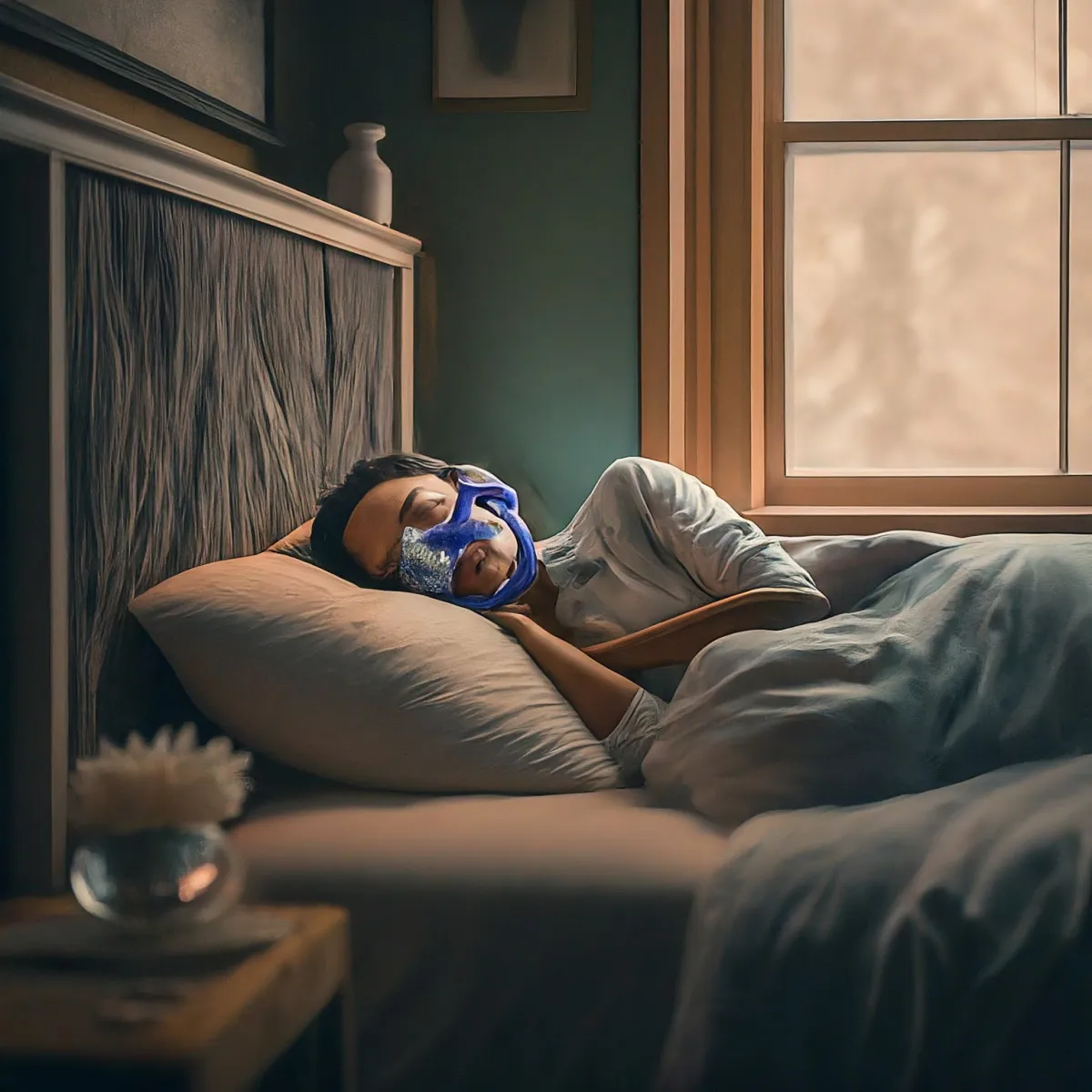
Major Categories of Sleep Apnea
There are three primary types of sleep apnea, each with distinct characteristics:
Obstructive Sleep Apnea (OSA): The most prevalent form, OSA occurs when the muscles at the back of the throat relax too much, blocking the airway. This type often results in loud snoring.
Central Sleep Apnea (CSA): This type is less common and happens when the brain fails to send proper signals to the muscles controlling breathing. Unlike OSA, snoring is not as common in CSA.
Complex Sleep Apnea Syndrome: Also known as treatment-emergent central sleep apnea, this condition occurs when someone has both obstructive and central sleep apnea.
Symptoms and Causes of Sleep Disorder
Symptoms and causes of sleep apnea may occer based on the different types of it and also on its severity.
What are the Symptoms of Sleep Apnea?
In obstructive sleep apnea, the airway becomes blocked, often due to relaxed throat muscles. This can lead to loud snoring and interruptions in breathing.
Central sleep apnea, on the other hand, occurs when the brain fails to send appropriate signals to the muscles that control breathing.
In both cases, breathing irregularities disrupt sleep and can contribute to a range of health issues. Other common causes of sleep apnea include:
Obesity: Excess weight can contribute to airway obstruction, particularly in obstructive sleep apnea.
Older Age: Sleep apnea is more common in older adults. As you aging, the severity may increase.
Smoking: Smoking can increase inflammation and fluid retention in the airway.
Sleeping Position: Sleeping on your back can cause airway obstruction.
Sleep Deprivation: Not getting enough sleep can worsen sleep apnea
Lifestyle Habits: Alcohol and sedatives can relax throat muscles, increasing the risk of airway blockage.
Family History: A genetic predisposition can increase the likelihood of developing the condition.
Nasal Congestion: Chronic nasal congestion can make it harder to breathe during sleep.
Alcohol and Sedative Use: These substances relax the muscles in the throat, which can block the airway.
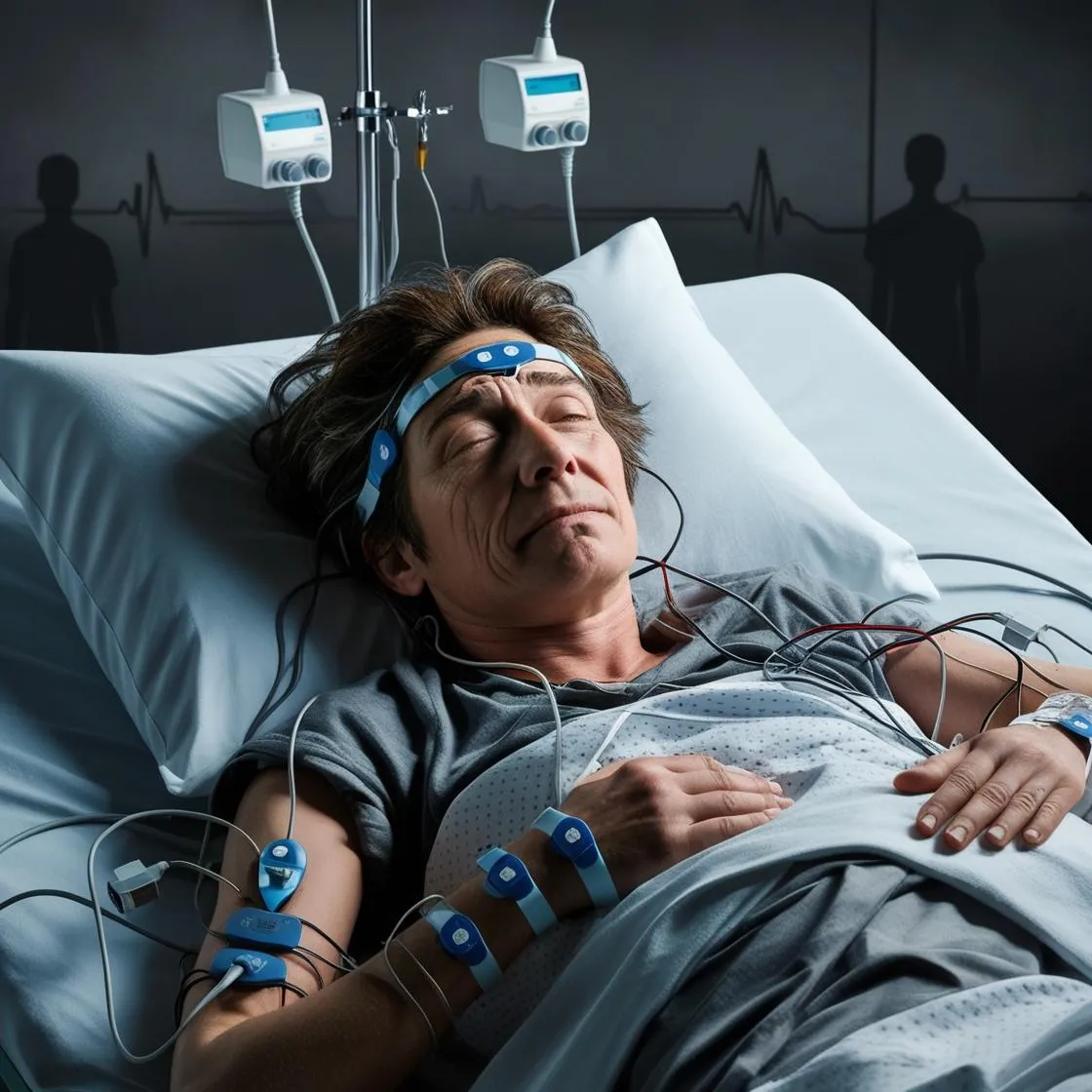
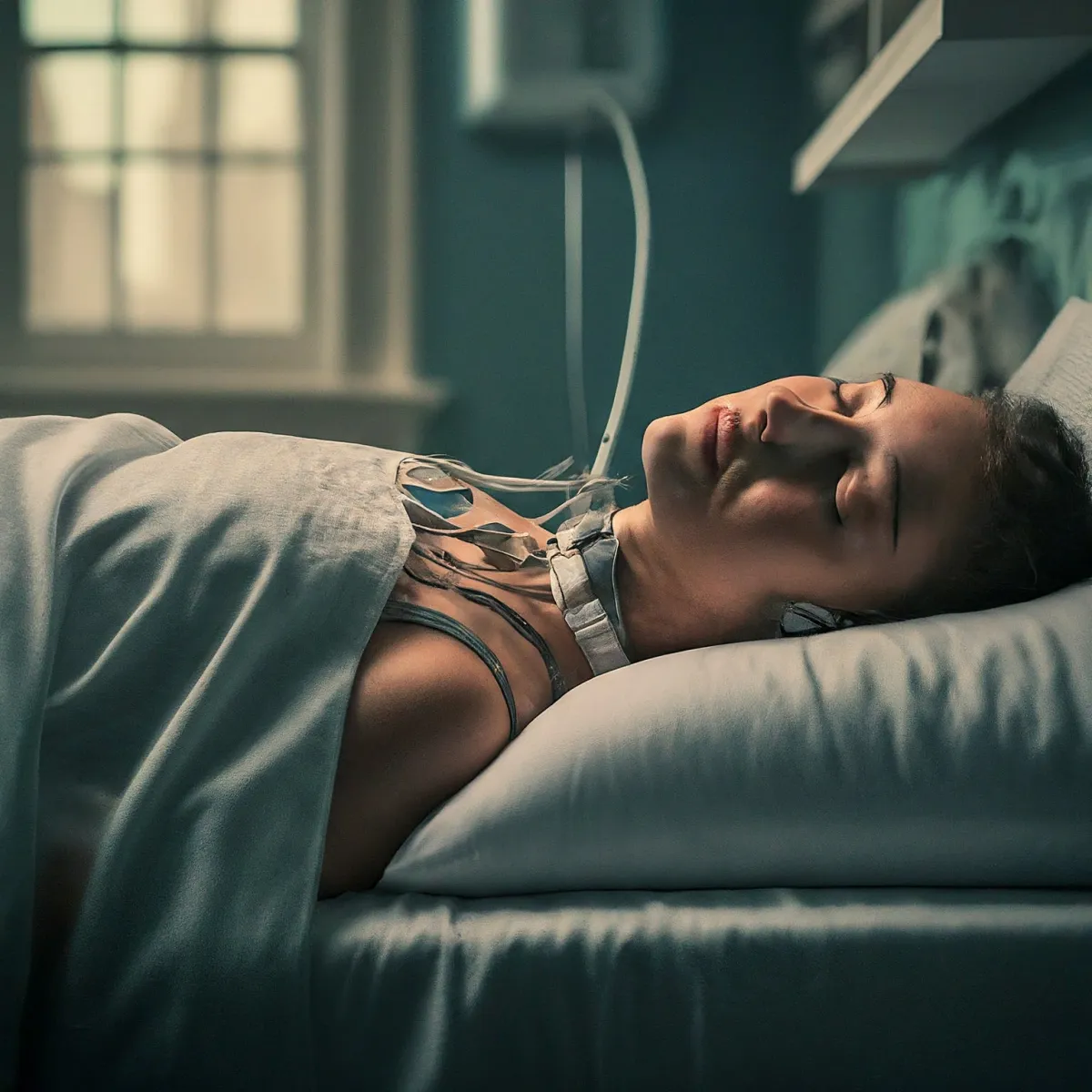
Sleep Disorder Center: Management and Treatment
Treatments vary depending on the type and severity of sleep apnea. Options include:
CPAP Therapy: The most common treatment for sleep apnea that uses continuous positive airway pressure to keep your airways open.
Oral Appliances: Custom-made devices that help reposition the jaw to improve airflow during sleep.
Lifestyle Adjustments: Recommendations for weight loss, exercise, and sleep hygiene to reduce sleep apnea severity.
Surgery: In some cases, surgery may be necessary to address structural issues in the airway.
Our sleep apnea doctor specialists will work closely with you to determine which treatment plan is best suited to your needs.
Best Sleep Apnea Doctor For Sleep Apnea : Diagonosis and Test
A diagnosis typically involves a sleep study, either at a sleep center or at home. Tests can include:
Polysomnography (PSG): An overnight test that monitors various body functions during sleep.
Home Sleep Apnea Test (HSAT): A portable device that tracks your breathing and oxygen levels while you sleep at home.
Sleep Apnea Doctor Specialists: Prevention
How to Get Better Sleep
Improving your sleep habits can help manage sleep apnea symptoms and enhance overall sleep quality. Here are some tips to promote better sleep:
Stick to a Regular Sleep Schedule: Go to bed and wake up at the same time every day, even on weekends.
Create a Relaxing Bedtime Routine: Engage in calming activities, such as reading or listening to soft music, to prepare your body for sleep.
Optimize Your Sleep Environment: Keep your bedroom dark, quiet, and cool, and use comfortable bedding and pillows.
Limit Screen Time Before Bed: Avoid using phones, tablets, and computers at least an hour before bedtime.
What Should Be Avoided to Improve Sleep?
Certain habits can worsen sleep apnea symptoms and disturb your sleep. Here are some things to avoid:
Alcohol and Sedatives: These substances relax throat muscles, increasing the risk of airway blockage during sleep.
Caffeine: Avoid consuming caffeine in the afternoon and evening, as it can interfere with your sleep cycle.
Heavy Meals Before Bed: Eating large meals close to bedtime can make it harder to fall asleep and may worsen sleep apnea symptoms.
Smoking: Smoking can irritate the airway and contribute to inflammation, making it harder to breathe at night.
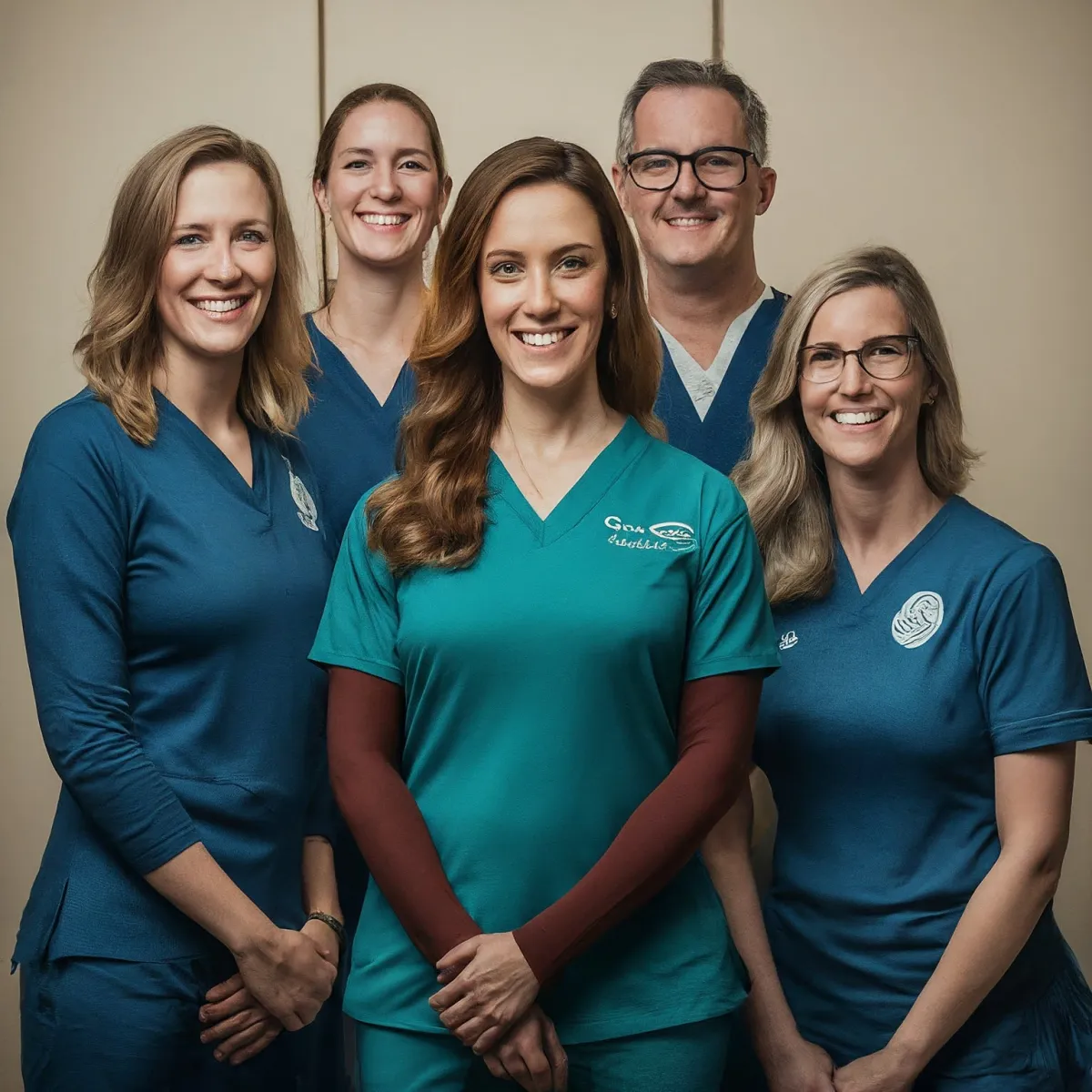
Conclusion
Sleep apnea doesn’t have to control your life. With the right diagnosis and treatment, you can manage your symptoms and improve your quality of life.
Our Sleep Apnea Center in Millcreek offers specialized care tailored to your needs.
Book a consultation today to take the first step toward better sleep and health.
Contact Us Today
Ready to improve your sleep and overall health?
Schedule an appointment at our Regenerative Wellness Center in Millcreek, Utah
and take the first step towards better sleep.
Q: What are the symptoms of sleep apnea?
A: Common symptoms include loud snoring, pauses in breathing during sleep, excessive daytime sleepiness, difficulty concentrating, and waking up with a dry mouth or headache.
Q: How is sleep apnea diagnosed?
A: Sleep apnea is diagnosed through a Sleep Study Utah, where your sleep patterns, breathing, and oxygen levels are monitored overnight to detect any disruptions.
Q: What is CPAP therapy?
A: CPAP Utah therapy involves wearing a mask connected to a machine that provides continuous positive airway pressure to keep your airway open during sleep.
Q: Can sleep apnea be treated without a CPAP machine?
A: Yes, some patients may benefit from oral appliances that reposition the jaw, or lifestyle changes like weight loss, in addition to CPAP therapy.
Q: What health risks are associated with untreated sleep apnea?
A: Untreated sleep apnea can lead to high blood pressure, heart disease, stroke, diabetes, and cognitive impairment.
Q: How long does a sleep study take?
A typical sleep study involves one overnight stay at a sleep clinic, although home sleep tests may be available for certain cases.
Q: Do you treat patients in Salt Lake City and Millcreek?
A: Yes, we proudly serve patients from both Millcreek and Salt Lake City, offering personalized sleep apnea treatment options.
Q: How do I schedule a sleep study?
A: You can schedule a sleep study by contacting our clinic directly through our website or calling our office to book an appointment.
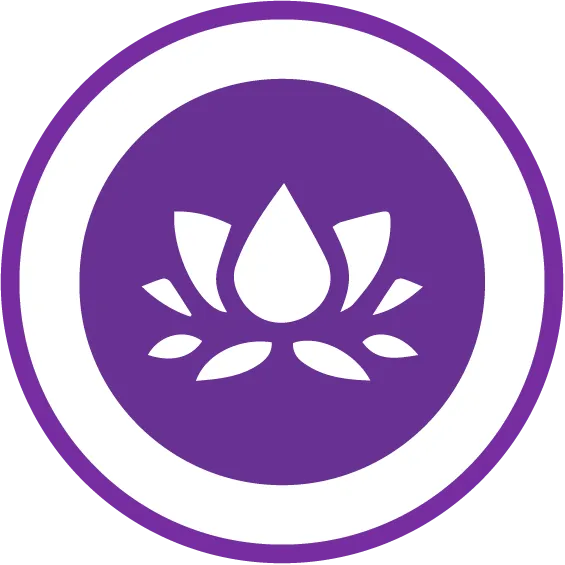
Revive

Renew

Regenerate
Let us help you on your path to wellness
Revive, Renew & Regenerate

